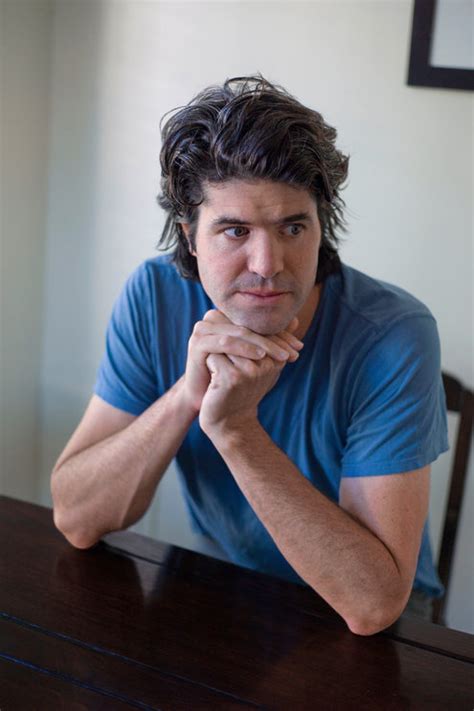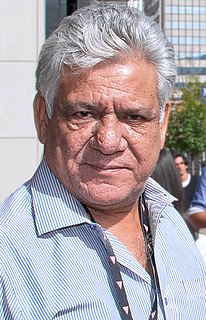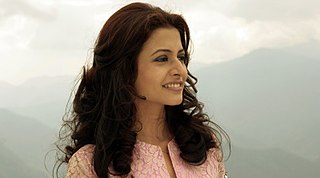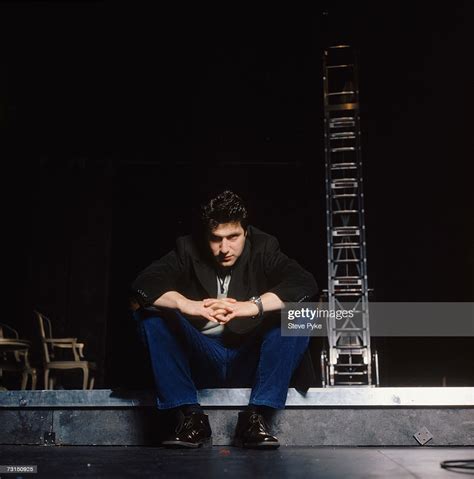A Quote by J. C. Chandor
I think my films kind of walk this line that Im proud of, that they feel sort of like films of my youth, which were far more commercial.
Related Quotes
The films that I loved growing up were the science fiction films from the late seventies and early eighties [films], which were more about the people and how they are affected by the environments that they are in. Whether they are sort of futuristic or alien of whatever they are; that was the science fiction that I loved. So that is what we tried to make, the sort of film that felt like those old films.
So far, yes, I have been doing only commercial films because those are the kind of films that came my way. Those are the kind of films that I liked, but definitely I'm open to doing other kinds of cinema as well, and if something comes along - if I like a character - then I would definitely do something off-beat or edgy.
I do not make films which are prescriptive, and I do not make films that are conclusive. You do not walk out of my films with a clear feeling about what is right and wrong. They're ambivalent. You walk away with work to do. My films are a sort of investigation. They ask questions . . .. Sometimes I hear that some [Hollywood] studio is interested in me. Then they discover that this is the guy who works with no script, that there is no casting discussion, no interference, that I have the final cut, and that does it.
I don't know if any of you feel this way, but it's like eventually, you see a woman come on screen and you go, "Oh, thank God!" You just sort of need a break from all this testosterone, which happened, I think, in one of my films, The Hurt Locker. I was in it for like five minutes, and people were like, "You were in that movie!" And I was like, "Well, kind of." And they were like, "No, you were!" 'Cause they needed a woman!
The vampire or the bad guy, that's what people do remember. Lars von Trier, like Guy Maddin, their films are made for a group of exclusive people who like special films. And they are special films, they are art films. And I started with commercial films at the beginning, and later on, because you know, when you are an actor, you have the same cliché like everybody else, you want to be in big films, you want to be known and all that.





































